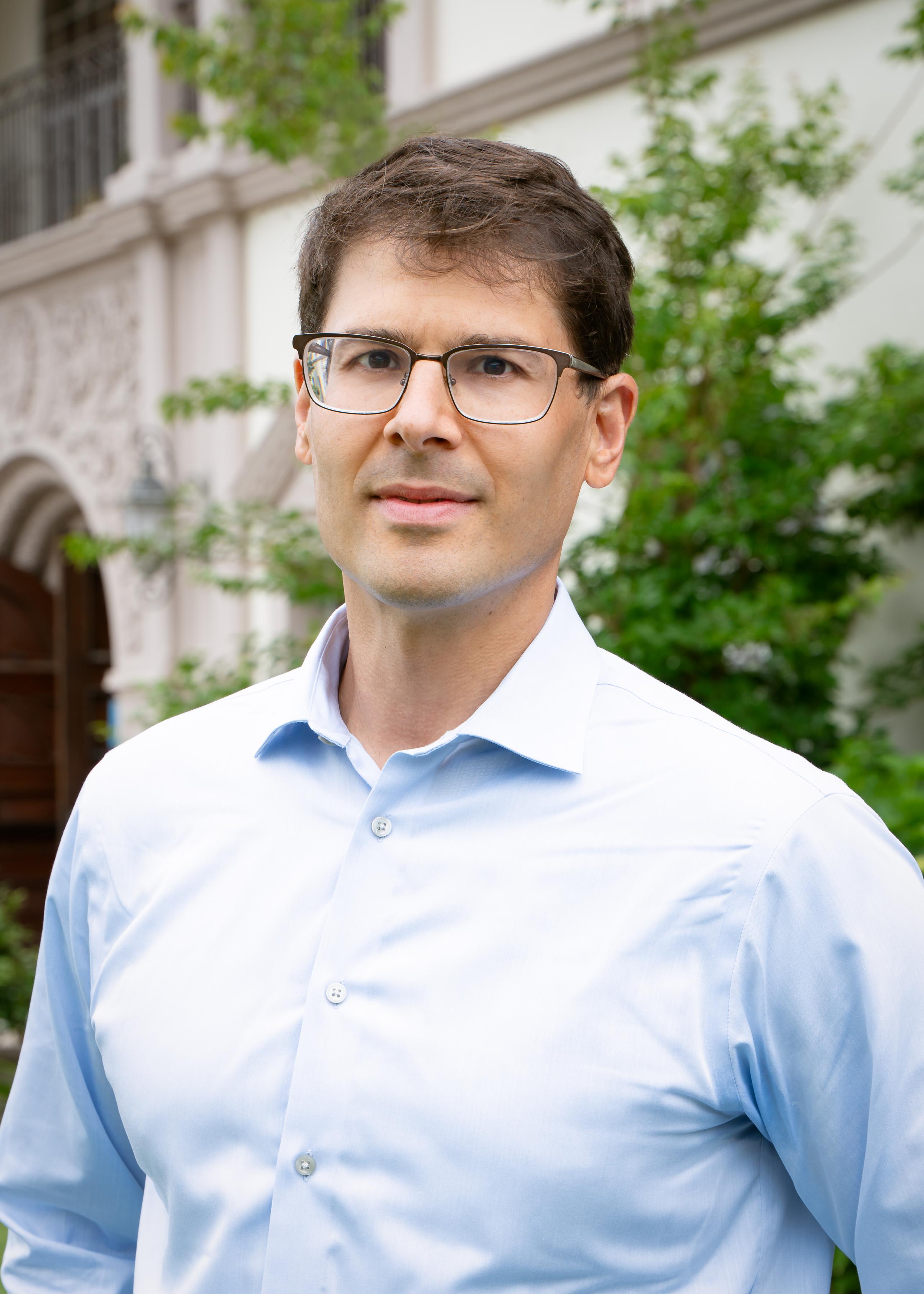The Lopsided Law of Medical Conscience
Wednesday, September 20th, 2023 12:00 PM - 1:00 PM
Event Description
We’re used to hearing about conscientious refusers, as when clinicians or institutions summon religion to deny services they deem sinful or wrong. Less familiar are conscientious providers, compelled to help make patients better, keep them well and relieve their suffering. Our medical conscience system protects refusers alone. When doctors or nurses deny care by appeal to their heartfelt convictions, conscience laws shield them from being not only fired but sued for malpractice or prosecuted for endangering patients or abandoning them. But clinicians who have equally sincere and moral reasons deliver services their hospital or state forbids go virtually unprotected. This radical asymmetry is wholly exceptional, indefensible, and unjust.
It’s easy to assume that being forced to do something like treat against your will is worse than not being allowed to undertake such treatment. This distinction between acts and omissions looms large in life and law. But it has less purchase in the context of medicine, where clinicians owe patients affirmative duties like disclosing key information and avoiding unreasonable harms. Nor need the delivery of care cost more to accommodate than its denial. The price of furnishing painkillers, birth control and other pills is just a telehealth appointment and prescription pad. It’s not as if refusals are costless. They can delay urgent care like emergency contraception and force hospitals to recruit backup staff. Religion can’t justify the asymmetry, either. Conscience clauses vindicate secular beliefs just the same. And some conscientious providers themselves appeal to a spiritual calling. The law should make at least as much space for their conscience as refusers’.
Speaker Bio
Dov Fox is the Herzog Research Professor of Law at the University of San Diego, where he founded and directs the Center for Health Law Policy & Bioethics. Named professor of the year for both teaching excellence and outstanding scholarship, he also holds the university’s highest academic honor bestowed on faculty in any field.
Fox’s articles have been published in leading journals of law (e.g., Harvard Law Review, Yale Law Journal), medicine (e.g., New England Journal of Medicine, Journal of the American Medical Association), and public health (Foreign Affairs, American Journal of Public Health). His work has also been featured in national newspapers (e.g., New York Times, Wall Street Journal), magazines (e.g., The Atlantic, The Economist), and television programs (e.g., CBS This Morning, NBC Today Show).
Part One of his original series “Donor 9623” was named Audible’s #1 podcast of 2020 and submitted for a Pulitzer Prize in investigative journalism. Fox’s latest book, “Birth Rights and Wrongs: How Medicine and Technology are Remaking Reproduction and the Law,” was published by Oxford University Press. His next book is “The Conscience of Care: Navigating Health in the Culture Wars."
Event Location
In-person for students only, in Moot Courtroom A59. Registration not required for students.


